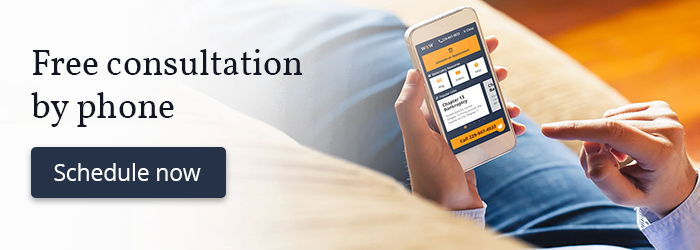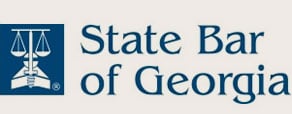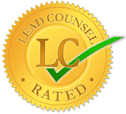Many Georgia residents have lost their jobs since March 2020 due to the effects of COVID-19 on the economy. Unemployment rates this year are among the highest recorded since the Great Depression of the 1930s.
If you’ve lost your job, keeping up with your financial obligations – mortgage/rent, car loan, credit card debt, and just keeping food on the table – can become difficult to impossible. If creditors start dunning and even threatening car repossession or foreclosing on the house, many unemployed people may wonder if bankruptcy is the solution.
Considerations in Filing Bankruptcy When You’re Unemployed
Yes, it is possible to file for bankruptcy when you’re unemployed.
Bankruptcy can also help unemployed people avoid wage garnishment, repossession of a vehicle, and foreclosure on a home. All of these can improve your financial future and avoid further economic harm.
It can also relieve stress and shame. There’s no shame in handling debts through bankruptcy if you have no income.
But you need to consider all alternatives carefully, because moving toward a filing can be complicated if you aren’t currently employed. It’s important to discuss your situation with an experienced bankruptcy lawyer.
To understand more about filing for bankruptcy, let’s discuss the two types of bankruptcy: Chapter 7 and Chapter 13.
Chapter 7
In Chapter 7 bankruptcy, your unsecured debt, such as credit card balances and medical debt balances, are wiped out. You no longer owe them.
Your creditors also receive what the law terms an “automatic stay.” They are prohibited from contacting you once you file.
Chapter 7 can be a good choice for unemployed people, because Chapter 7 bankruptcy does not require proof of a regular source of income.
Chapter 7 does, however, require what the law terms “means testing.” Only those with income below a certain level qualify for Chapter 7. If your income is over that level, you need to file Chapter 13 bankruptcy.
Unemployment does not necessarily mean that your income will be below the required level, either, since earnings from an employed spouse count toward the limit, as do earnings from other sources, such as Social Security benefits, pensions, disability payments, and so on.
Chapter 13
In Chapter 13 bankruptcy, your finances undergo a reorganization. You receive a payment plan for your creditors, to last up to five years. The payment plans are designed to be financially possible for you, and may pay all or a percentage of your debt.
At the end of the payment period, your debts are discharged and you no longer owe them.
Chapter 13 bankruptcy is an option if you do have income from other sources, such as Social Security benefits, pensions, disability payments, and more.
An automatic stay is also part of Chapter 13 filing.
Property Exemptions and Bankruptcy
When folks declare bankruptcy, the law exempts, or protects, most of their property, especially the property people need to live in or need to work, such as a car or truck. The exemptions apply to both types of bankruptcy.
If you file for Chapter 7, some of your non-exempt property may be sold to satisfy creditors.
Should You File?
Now, we’ve answered the question of can you file bankruptcy if you’re unemployed. Yes, you can.
But should you file? That’s a more complicated question.
You should consider filing if you are being threatened with garnishment or other court action from creditors, repossession of a vehicle, or a foreclosure.
But if you’re not facing those, filing too quickly after you’re lost your job isn’t always a great idea, for several reasons.
First, you may continue to go into debt if you’re unemployed. You may be using credit cards to buy food or keep your car running. Bankruptcy will discharge existing debt, but if you continue to incur new debt after the bankruptcy, it won’t be discharged. In other words, you don’t want to run the risk of incurring a pile of new debt after your bankruptcy goes into effect.
[Not sure what to expect during your free, initial consultation? Watch our quick video here.]
Second, trying to declare bankruptcy too soon after job loss can be complicated for technical reasons. The process often considers your income over a span of time, such as six months or a year. If you’ve recently lost a job, your bankruptcy administration could be based on income the time-based filing forms show, but that in fact no longer exists.
Third, Chapter 13 might be a better option for you if you have significant amounts of property that are secured (like a mortgage) or that aren’t protected. But declaring Chapter 13 might be difficult without a steady income.
Bankruptcy and Your Credit
Anyone considering bankruptcy should know that bankruptcy will have a negative effect on your credit score. However, rebuilding the score is part of the process, and gradual improvements can bring it back up to a good level. Our 3 Steps to Better Credit Course will help you begin to build your credit score right away. You can get a credit card or loan again as your credit score rises.
While bankruptcy can be a helpful and constructive move if you’re unemployed, making the decision is unique to your situation.
We’re happy to discuss your circumstances at any time. Call us for free at 229-247-1211 or contact us here.






